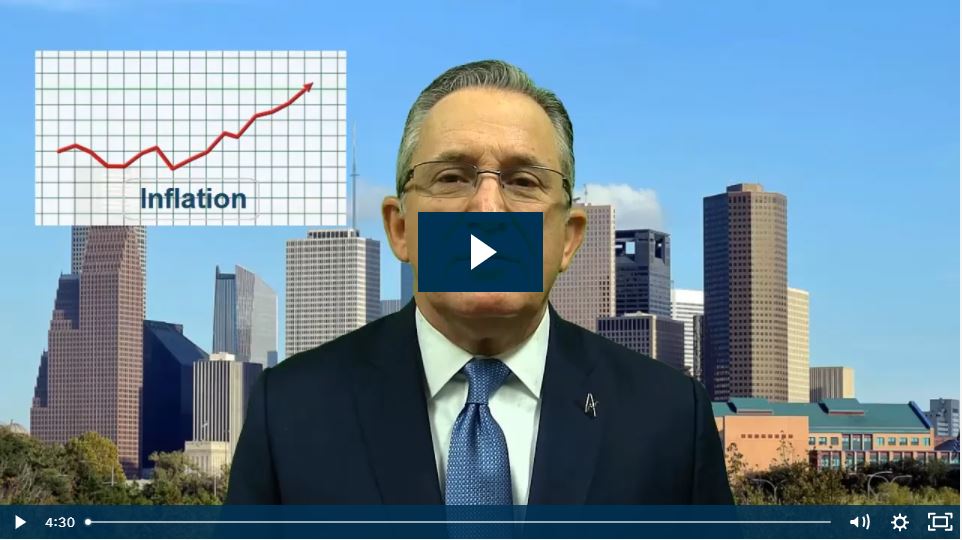
I'm sure you've heard in the news this week about GameStop - the Reddit traders who through Robinhood and various other platforms have been driving up the stock of GameStop to incredible Heights. 2500% above the beginning of the year. What on earth is going on? And should you even care? A lot of Interesting things have been happening with GameStop, and also a couple of other firms, that really bring to us the intersection between social media, the hedge funds, the clearing houses and the retail accounts. GameStop. What do we know? GameStop started the year at $18.84. On Thursday it had a $28 billion market cap at $483. Yes, that's up almost 2500%. And then yesterday (January 28th), Robinhood - AND major brokerages - basically told retail investors they could no longer buy any more. Horrors. The hedge funds can continue to trade this but the little guy...
Read More














Recent Comments